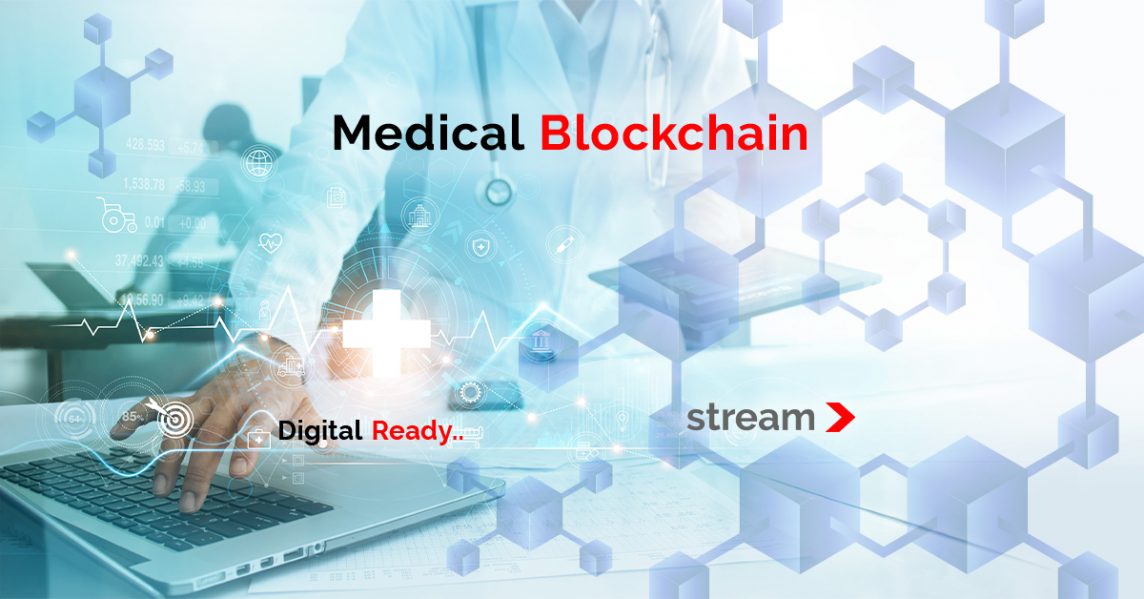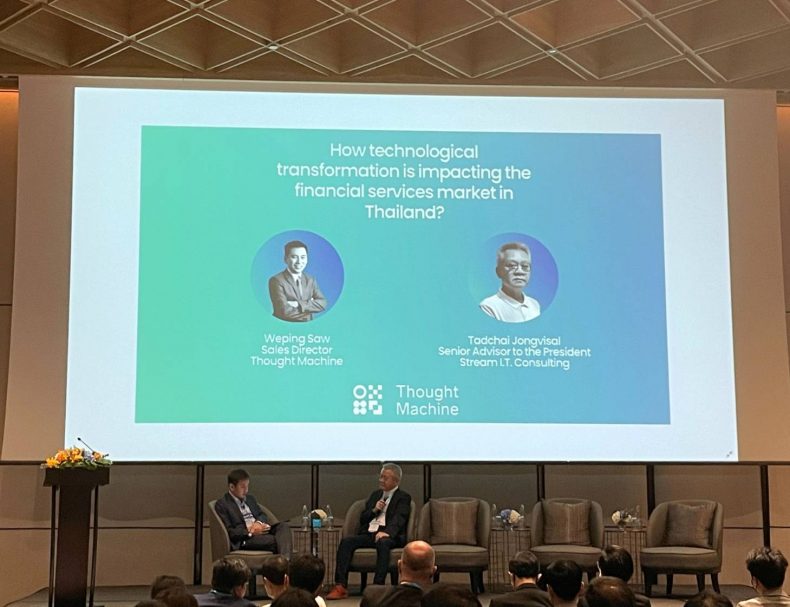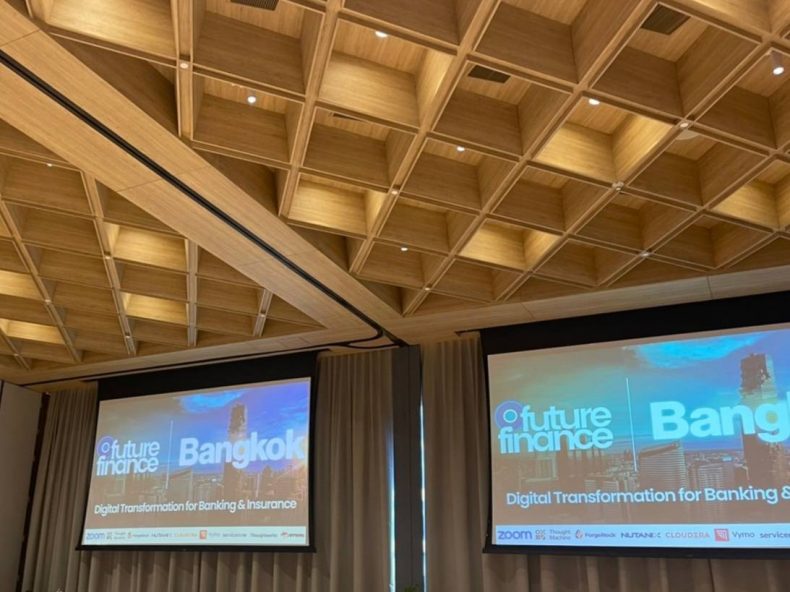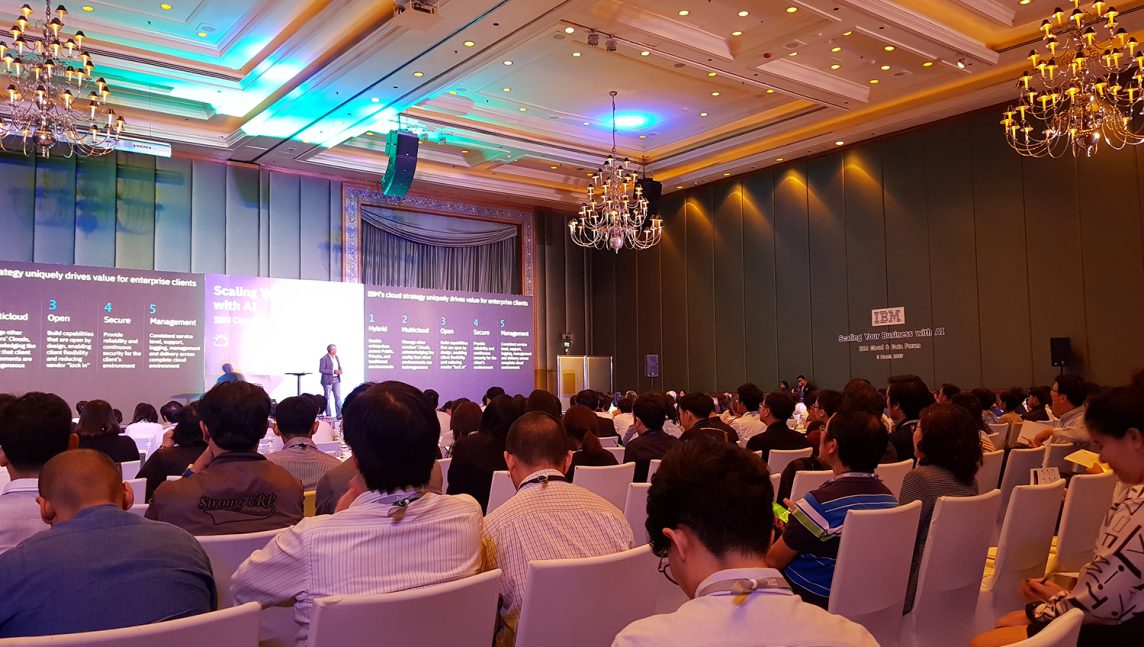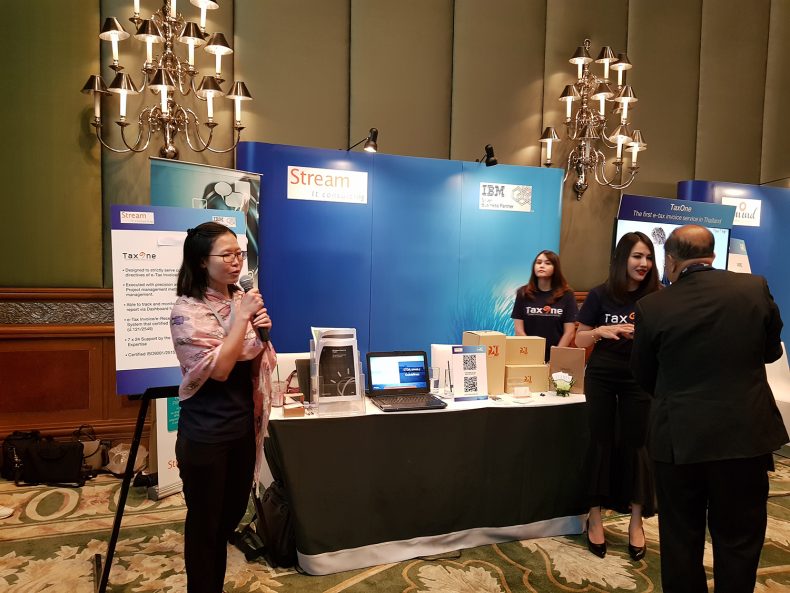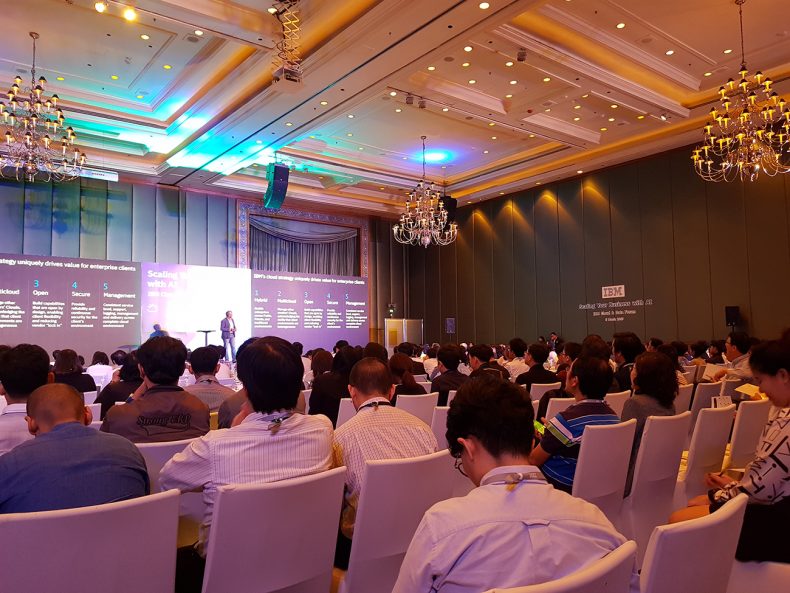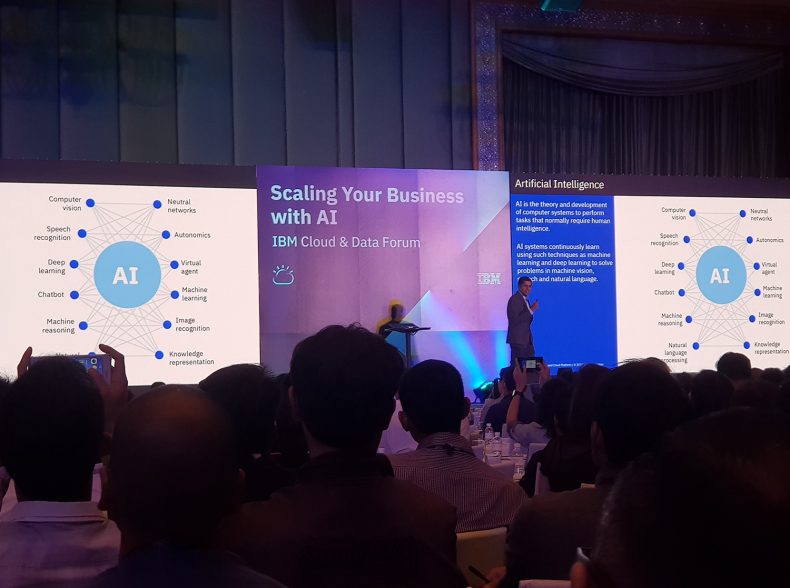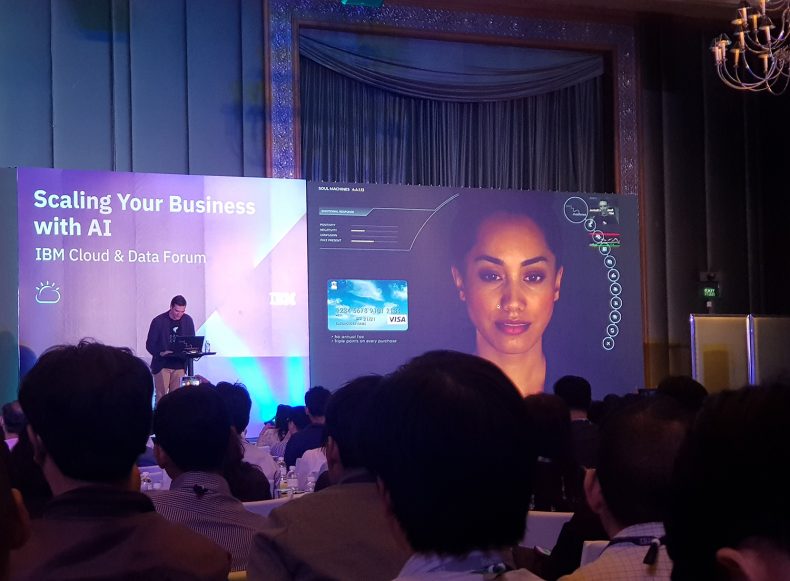Introduction: What is blockchain, and why is it relevant for healthcare
Blockchain has been hailed as a game-changer in many industries, and healthcare is no exception. This revolutionary technology, which allows for secure and transparent record-keeping, has the potential to transform the way sensitive health information is managed, shared, and accessed.
With its inherent features of immutability, decentralization, and encryption, blockchain technology can help improve data security and privacy, reduce errors and fraud, and enable interoperability and better coordination among different stakeholders in the healthcare ecosystem. In fact, the use of blockchain in healthcare has been growing rapidly in recent years, with many healthcare organizations and startups exploring its potential to solve some of the biggest challenges facing the industry.
In this blog post, we will dive into the world of blockchain in healthcare and explore its exciting potential. We will provide examples of how it is being used in real-life scenarios, discuss the challenges and limitations of implementing blockchain technology in healthcare, and look at the future of this transformative technology in the industry.

How blockchain technology can improve data security and privacy in healthcare
Blockchain technology offers several key features that can enhance data security and privacy in the healthcare industry.
First, it allows for decentralized data storage. In a traditional centralized system, health information is stored on a single, central server, which makes it vulnerable to attacks and data breaches. With blockchain, data is distributed across multiple nodes or computers in a network, making it much harder for attackers to access sensitive health data. An attacker would need to compromise multiple nodes simultaneously to access the data, which is much more difficult than compromising a single server. This decentralized storage model also makes it easier to maintain data integrity and availability, as the data can be accessed from any node in the network.
Second, blockchain uses advanced encryption algorithms to protect data from unauthorized access. Each record or “block” in the blockchain is encrypted and linked to the previous block using a unique digital signature. This creates a tamper-evident chain of records that cannot be altered without detection. This encryption ensures that only authorized stakeholders can access the data and that the data remains secure even if it is intercepted or hacked.
Third, blockchain allows for transparent and auditable record-keeping. Because all the data in the blockchain is publicly visible and verifiable, it enables stakeholders to track and verify the authenticity and integrity of health data. This can help reduce errors, fraud, and mismanagement of health information. For example, if a healthcare provider makes a mistake in a patient’s record, it can be easily detected and corrected using the blockchain. Similarly, if a patient’s medical data is accessed without permission, it can be traced and traced using the blockchain’s auditable records.
Overall, the use of blockchain technology in healthcare can help improve data security and privacy by providing decentralized, encrypted, and transparent data management. This can benefit patients, healthcare providers, and other stakeholders by protecting their sensitive health information and enabling better data sharing and coordination.

Real-life examples of blockchain applications in healthcare
Here are some possible examples of real-life applications of blockchain technology in healthcare:
- Electronic medical records (EMR): Blockchain can be used to create a decentralized and secure EMR system, where patients’ medical records are stored on multiple nodes in the network and encrypted using blockchain technology. This can help protect patients’ sensitive health information from unauthorized access and ensure that the data is accurate, up-to-date, and accessible to authorized stakeholders.
- Clinical trials: Blockchain can be used to improve the transparency, accountability, and integrity of clinical trials. By storing trial data on the blockchain, researchers can ensure that the data is tamper-evident and verifiable, which can help prevent fraud and improve the reliability of the results.
- Supply chain management: Blockchain can be used to track and verify the authenticity and origin of medical products, such as drugs, medical devices, and vaccines. By storing supply chain data on the blockchain, healthcare organizations can ensure that the products they use are safe, effective, and compliant with regulatory standards.
- Patient consent and data sharing: Blockchain can be used to enable patients to control and manage their own health data. By using blockchain-based systems, patients can give and revoke consent for their data to be shared with healthcare providers and other stakeholders, and track who has accessed their data and for what purposes. This can help empower patients and improve data privacy and security.
These are just a few examples of how blockchain technology can be applied in the healthcare industry. Many other potential applications exist, including for health insurance, public health surveillance, and medical research.
The challenges and limitations of implementing blockchain in healthcare
Here are some potential challenges and limitations of implementing blockchain technology in healthcare:
- Technical complexity: Blockchain technology can be complex to implement and require specialized knowledge and expertise. Healthcare organizations may need to invest in training and infrastructure to develop and maintain blockchain-based systems.
- Scalability: Blockchain networks can be slow and limited in their ability to process large volumes of data. This can be a challenge in the healthcare industry, where data is often voluminous and complex. Healthcare organizations may need to find solutions to scale up blockchain systems to meet their needs.
- Interoperability: Blockchain systems are often built on different platforms and use different protocols, which can make it difficult for them to communicate and share data with each other. This can be a challenge for healthcare organizations that need to exchange data with multiple stakeholders, such as patients, providers, and regulators.
- Regulation: The use of blockchain technology in healthcare is still relatively new, and there are few legal and regulatory frameworks in place to govern it. This can create uncertainty and risks for healthcare organizations that want to implement blockchain-based systems.
While blockchain technology has great potential to transform the healthcare industry, there are challenges and limitations that need to be overcome to realize its full potential. Healthcare organizations will need to carefully consider these challenges and develop strategies to address them in order to successfully implement blockchain technology in their operations.

Conclusion: The potential of blockchain to transform the healthcare industry
Blockchain technology has the potential to transform the healthcare industry by improving data security and privacy, reducing errors and fraud, and enabling interoperability and better coordination among stakeholders. With its inherent features of decentralization, encryption, and transparency, blockchain can help protect patients’ sensitive health information, improve the reliability and trustworthiness of medical data, and enable better data sharing and collaboration in the healthcare ecosystem.
While there are challenges and limitations to implementing blockchain technology in healthcare, these can be overcome with the right strategies and solutions. Healthcare organizations that are able to overcome these challenges and harness the power of blockchain can benefit from its transformative potential and gain a competitive advantage in the industry.
The future of blockchain in healthcare looks promising, as more and more organizations and startups are exploring its potential and developing innovative applications. As the technology continues to evolve and mature, we can expect to see more widespread adoption of blockchain in the healthcare industry, leading to improved data security and privacy, better patient care, and a more efficient and effective healthcare system.
If you are interested in any digital solutions, please contact Marketing Department email at marketing@stream.co.th.
Content Writer: Hayan Hammad, Blockchain Business Development


